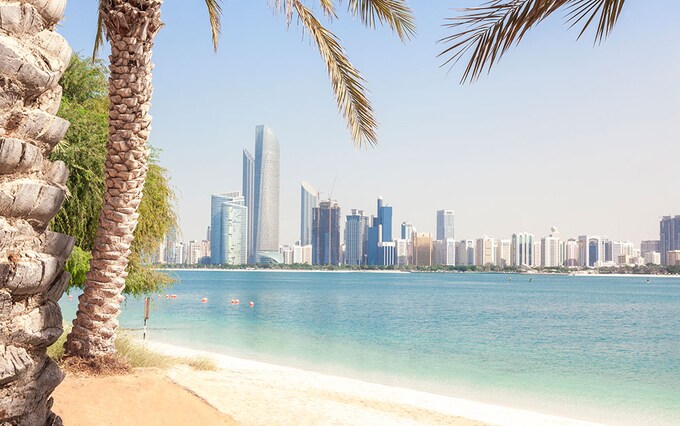
The UAE calendar is rich in holidays that are celebrated throughout the year in honor of religious, historical and special dates. Since the Emirates is a Muslim state, Islamic holidays play a very important role in society and surpass secular events in importance. The dates of these days are calculated according to the lunar calendar (Hijri calendar), which is determined by the visibility of the Moon in the sky and changes from year to year. Islamic traditions have their own methods for determining the phases of the moon, so some holidays may move a day earlier or later. Secular and international holidays have fixed dates according to the Gregorian calendar.
Public holidays usually mean a day off, which is paid and is not included in the employee’s annual leave. On such dates, all government bodies, institutions and ministries are closed. In the days leading up to major holidays, shopping centers and public transport typically operate at extended hours due to an expected influx of visitors. In some cases, non-working days in the UAE are postponed if the holiday falls on a weekend (Friday or Saturday).
It is important to remember that the list of official holidays in the Emirates may change from year to year. In 2020, the government decided to support the economy affected by the global pandemic and reduce the number of days off for the next holiday calendar. To stay updated on long weekends and national holidays, or to plan a trip to the UAE, you can refer to our guide to public holidays in Dubai 2023-2024.
Basic information about the holiday calendar in the UAE
The Emirates uses both the Gregorian and Islamic calendars. The first is accepted in most countries of the world (168), with the exception of five: Afghanistan, Iran, Ethiopia, Eritrea and Nepal. The UAE is among 18 states that use the Gregorian calendar along with the historical system – for the Emirates, this is the Islamic lunar Hijri calendar.
The Gregorian calendar, which is the de facto international standard, is used for civil, official and administrative purposes, and is used by the public and private sectors in daily activities. Thus, rent, wages and other regular obligations are usually paid according to the civil calendar.
The Hijri system determines the dates of Islamic holidays and prayer times (which differ for each city). Also, the beginning of such significant events as Ramadan and the Hajj season is calculated using the lunar calendar.
